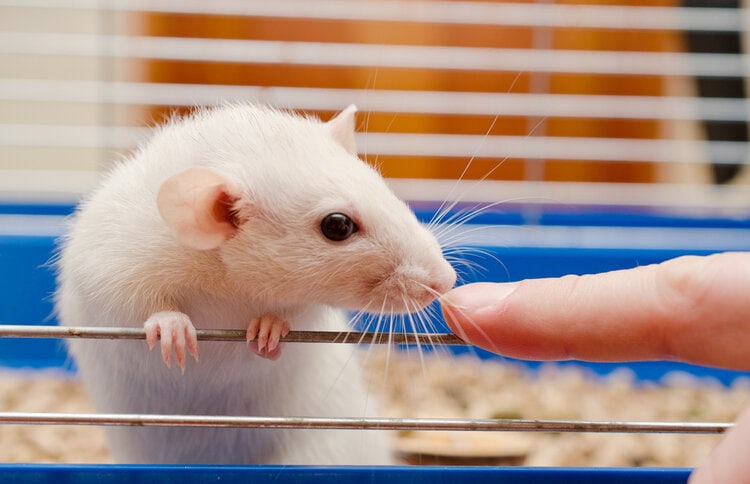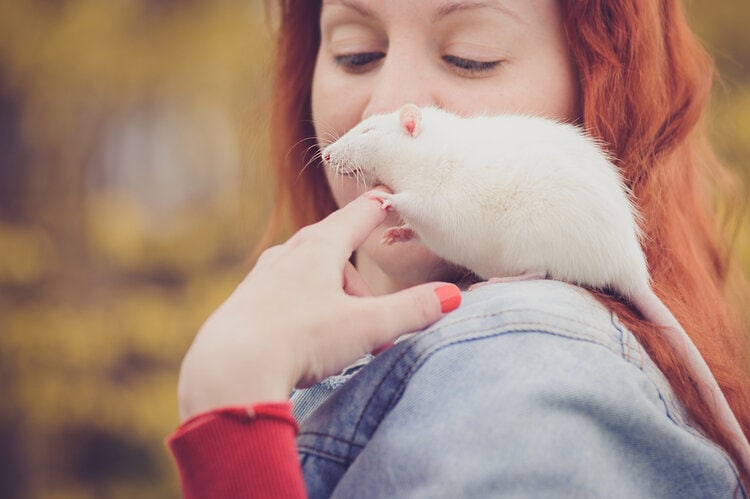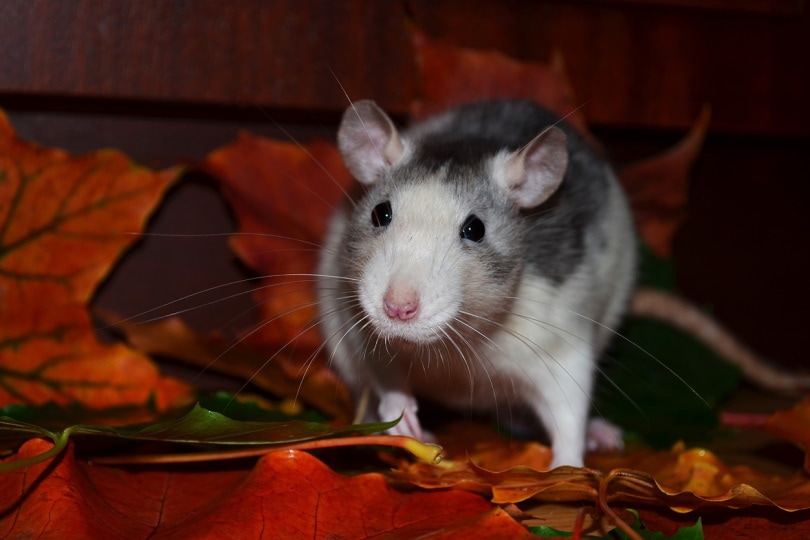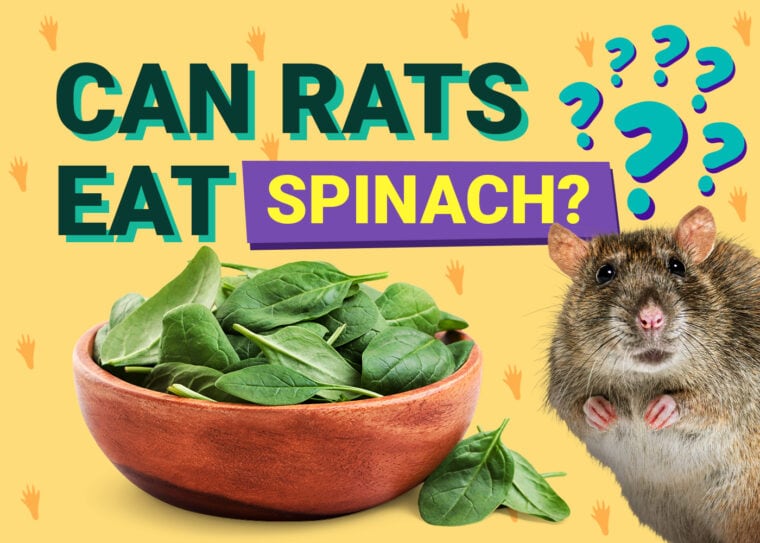
Rats are known for being little garbage disposals. There doesn’t seem to be much a rat won’t eat. We know that a variety of fruits, vegetables, and greens can be healthy for rats. What about spinach? It’s very popular in the human diet, but can rats eat spinach? Surprisingly, the answer is no.
Spinach is not toxic to rats, but the reason that they shouldn’t eat it is that spinach contains a relatively high number of oxalic acids or oxalates. In small amounts, oxalates may not harm your rat, but in large quantities, they can be dangerous.
Feeding a rat too much spinach can cause kidney stones, calcium deficiency, and other health issues. Though you could feed spinach to your rat in very small amounts and sparingly without issue, it may be best to avoid it entirely.
Do Rats Enjoy Eating Spinach?

You probably enjoy eating spinach as much as the next human. However, it’s also possible that your rat may not be interested at all. This varies greatly depending on your individual rat’s preferences. There are plenty of healthy alternatives that they can eat in place of spinach to get their needed vitamins and minerals.
Optimal Diet for Rats
Wild rats eat anything they can get their hands on and so will your pet if given the chance. Rats are not concerned with whether food is good for them. If it tastes good, they’ll eat it. That’s one of several reasons why wild rats have a shorter lifespan than their domesticated counterparts.
Pet rats have the luxury of human companions that feed them well-balanced and healthy diets. The ideal rat diet consists of pellets, fresh fruits, and vegetables.
Only 10% to 20% of a rat’s diet is made of fruits and vegetables and the other 80% to 90% needs to be a high-quality pellet mix. You can provide occasional treats of meat, nuts, and seeds but since they are all high in calories and fat, it’s best to do so sparingly.
Knowing that spinach can cause health issues, you’re probably wondering which vegetables and fruits are safe for rat consumption. We’ve compiled a list of the best fruits and vegetables for a rat’s diet:
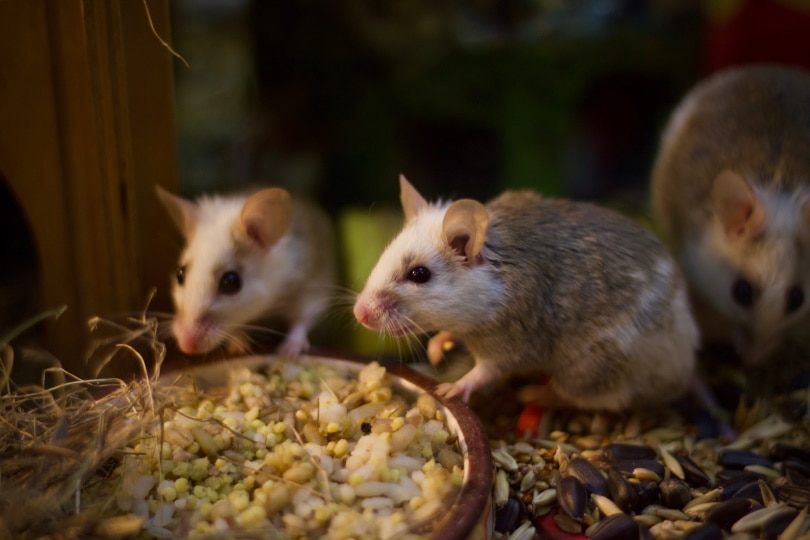
Best Vegetables for Rats

Best Fruits for Rats
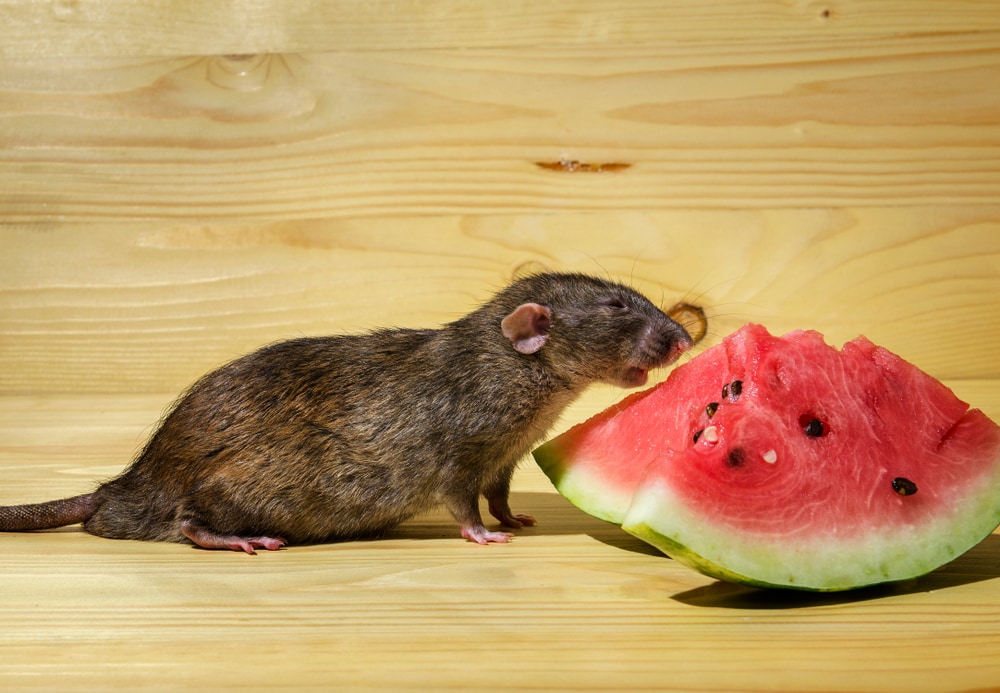
Unsafe Foods for Rats
Knowing that spinach is best avoided may leave you wondering what other foods you will need to avoid as a rat owner. Now that we know what is safe, we’ve put together a list of unsafe food items with a short description of the reasoning:
Conclusion
Rats may not be picky eaters, but they will rely on their human companions to keep them on the straight and narrow when it comes to their diet. Spinach is best avoided due to the high oxalic acid content that can cause kidney stones, calcium deficiency, and other issues.
If a rat owner decides to feed spinach or any of the other high oxalate-containing foods to their pet, it’s best to do it in moderation. Always consult a veterinarian before doing so. There are plenty of other fruits and vegetables that can be fed to a rat that will carry the same nutritional value and will not cause adverse effects.


